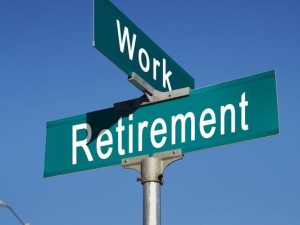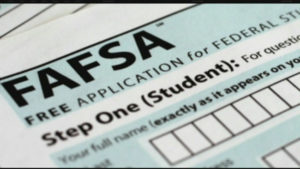 This week’s top story: What impacts bank account rates Mid-2024? In other news: 7 tips to prepare your house for hurricane season, weekly mortgage rates trend lower, and PAYE.
This week’s top story: What impacts bank account rates Mid-2024? In other news: 7 tips to prepare your house for hurricane season, weekly mortgage rates trend lower, and PAYE.
What Impacts Bank Account Rates Mid-2024?
The Fed rate and banks’ competition for consumer deposits play key roles.
7 Tips to Prepare Your House for Hurricane Season
This year’s hurricane season could bring over a dozen hurricanes to U.S. coasts — is your home ready for the wind and rain?
Weekly Mortgage Rates Trend Lower; Report Reveals Housing Strain
Mortgage rates continued slipping downward this week, in the absence of any major market movements or economic data releases.
Graduate Borrowers, Consider This Student Loan Plan Before July 1
If you have graduate debt and qualify for PAYE, consider applying before July 1, when PAYE will permanently close to new enrollment. Two other repayment plans will also limit enrollment in July.
 Today’s top story: The mental health risks of retiring. Also in the news: Prepare your business finances now in case of natural disasters, a new episode of the Smart Money podcast on achieving your dreams, and why you should switch to online invoicing.
Today’s top story: The mental health risks of retiring. Also in the news: Prepare your business finances now in case of natural disasters, a new episode of the Smart Money podcast on achieving your dreams, and why you should switch to online invoicing. Today’s top story: 6 ways to save money on holiday travel. Also in the news: How to prepare for a natural disaster during your vacation, letting the “out-the-door” price drive your next car negotiations, and the best way to give money without giving cash.
Today’s top story: 6 ways to save money on holiday travel. Also in the news: How to prepare for a natural disaster during your vacation, letting the “out-the-door” price drive your next car negotiations, and the best way to give money without giving cash. Today’s top story: 4 ways to fortify your finances against natural disasters. Also in the news: What ‘Medicare For All’ could mean for your healthcare, 8 times to rethink asking for a credit card product change, and the risks of crypto loans.
Today’s top story: 4 ways to fortify your finances against natural disasters. Also in the news: What ‘Medicare For All’ could mean for your healthcare, 8 times to rethink asking for a credit card product change, and the risks of crypto loans.  Today’s top story: The FAFSA, your ticket to help pay for college, just opened. Also in the news: A new episode of the Smart Money podcast on negotiating and volatile car valuations, what to buy and skip in October, and how car insurance works after a natural disaster.
Today’s top story: The FAFSA, your ticket to help pay for college, just opened. Also in the news: A new episode of the Smart Money podcast on negotiating and volatile car valuations, what to buy and skip in October, and how car insurance works after a natural disaster.  Today’s top story: Where to turn when a natural disaster upends your finances. Also in the news: 5 ways women can combat investing disadvantages, Ask a Travel Nerd on when to book holiday travel, and why your rent is often more than a mortgage payment.
Today’s top story: Where to turn when a natural disaster upends your finances. Also in the news: 5 ways women can combat investing disadvantages, Ask a Travel Nerd on when to book holiday travel, and why your rent is often more than a mortgage payment.